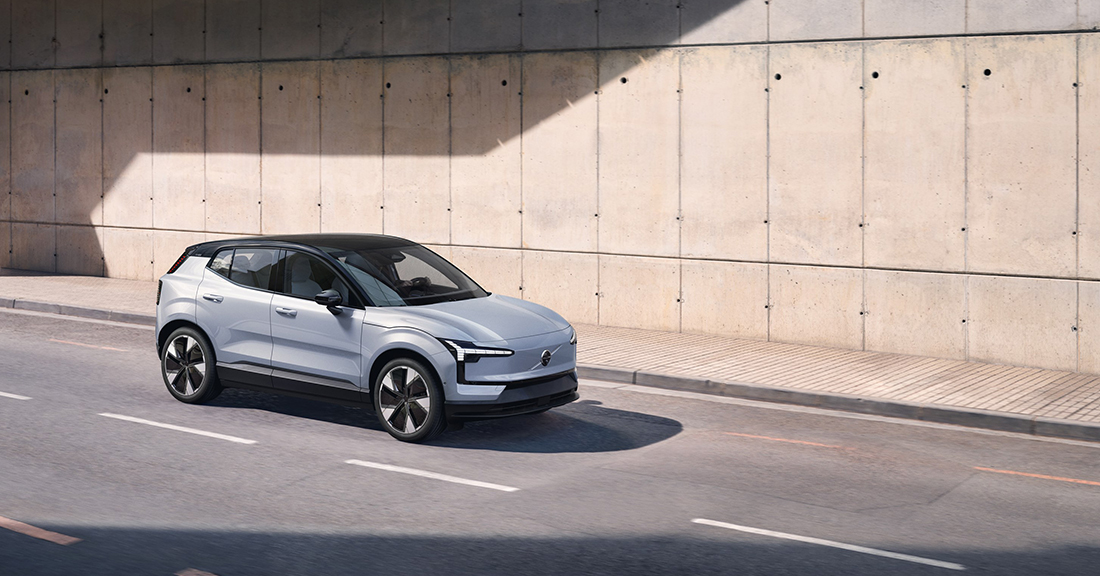
The new EX30 is the smallest, fastest, most eco-conscious Volvo
This is the new Volvo EX30, and there’s an awful lot of superlatives being squeezed into it.
Ready? This is Volvo’s smallest electric car to date. It’s the fastest accelerating Volvo of all time. And yet Volvo insists this car also has the lowest lifetime CO2 footprint of any Volvo ever made.
This isn’t the new XC40 – the EX30 is a bit smaller still than Volvo’s rather good current SUV which you can buy as a pure petrol or fully electric car. And the looks are a bit smoother than an XC40 somehow, like it’s been crossbred with a pebble.
Where you’d once have found a front grille, there’s just an indentation mimicking the diagonal Volvo logo. They’ve gone for the old ‘paint-the-roof black’ trick to make it look a bit lower and sleeker, but this isn’t a threatening, aggressive, sporty SUV. From some angles, it’s actually quite cute. Anyone else getting a vague whiff of Audi’s hugely innovative A2?
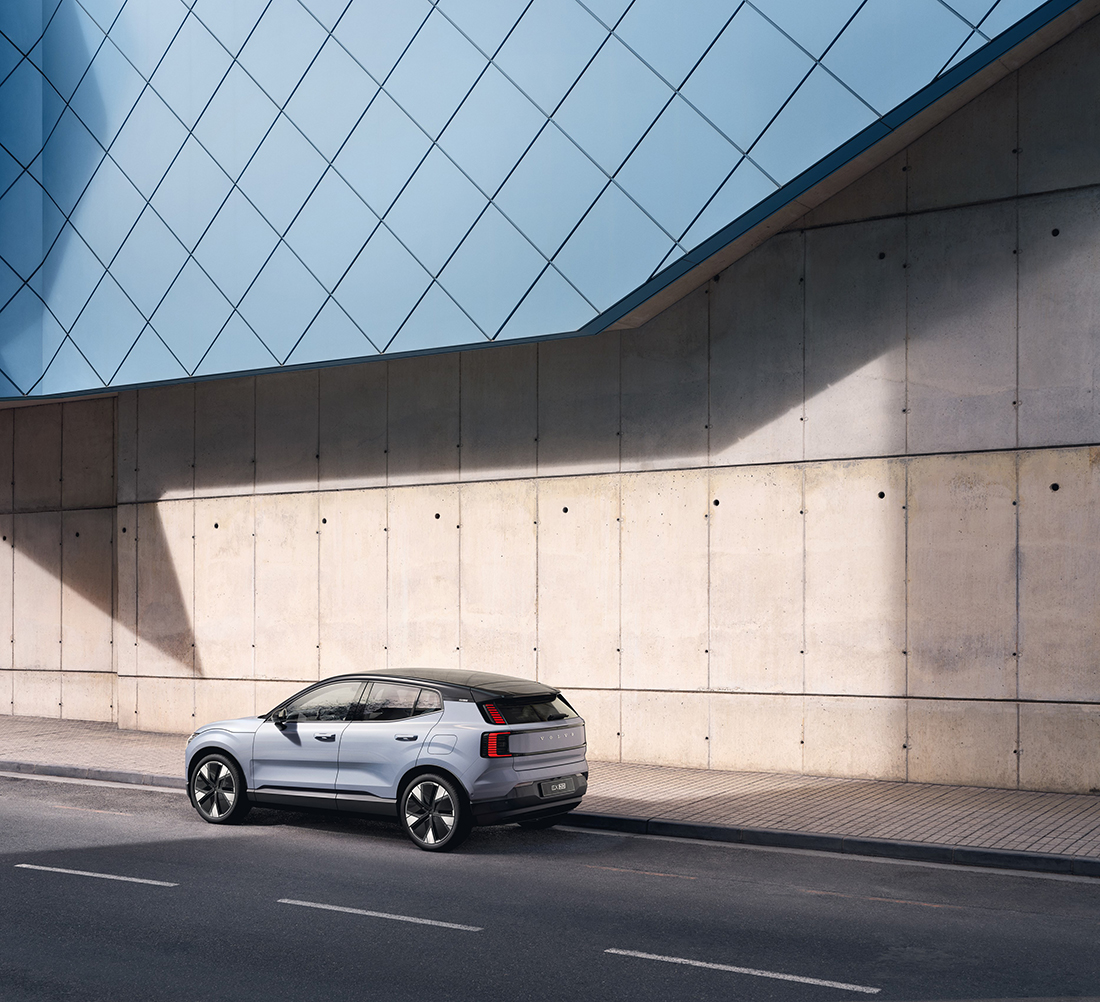
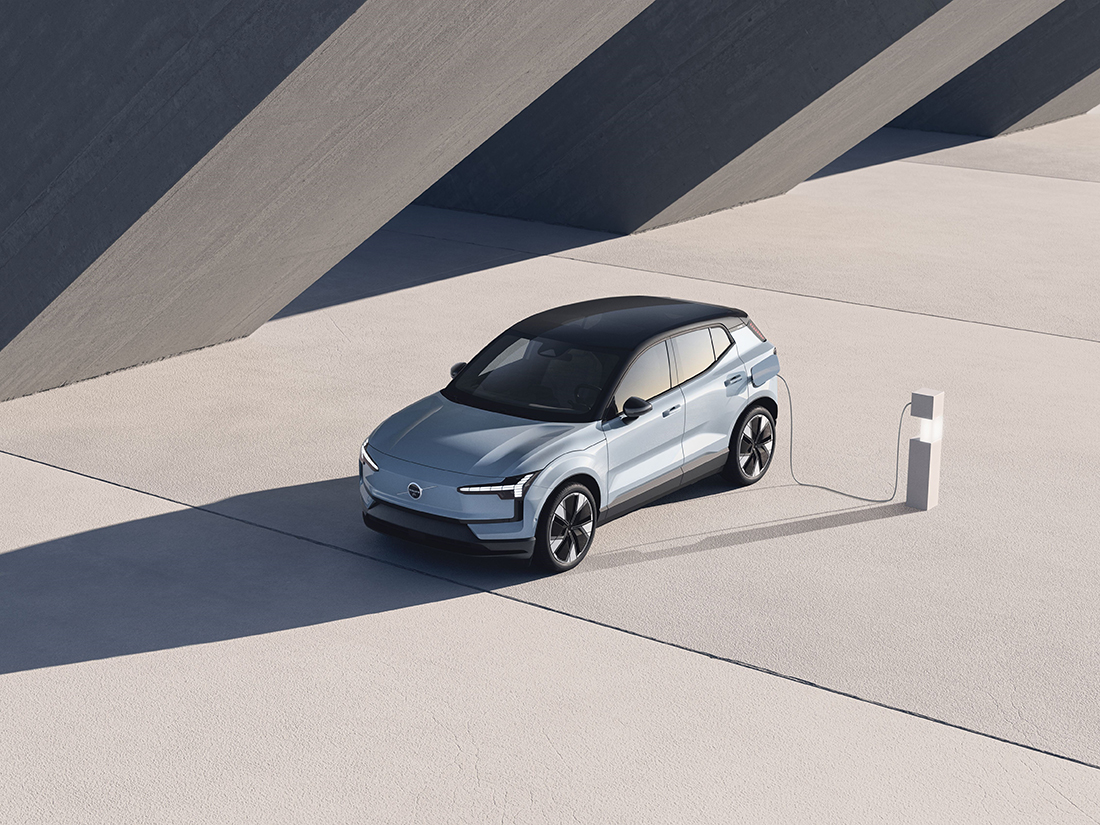
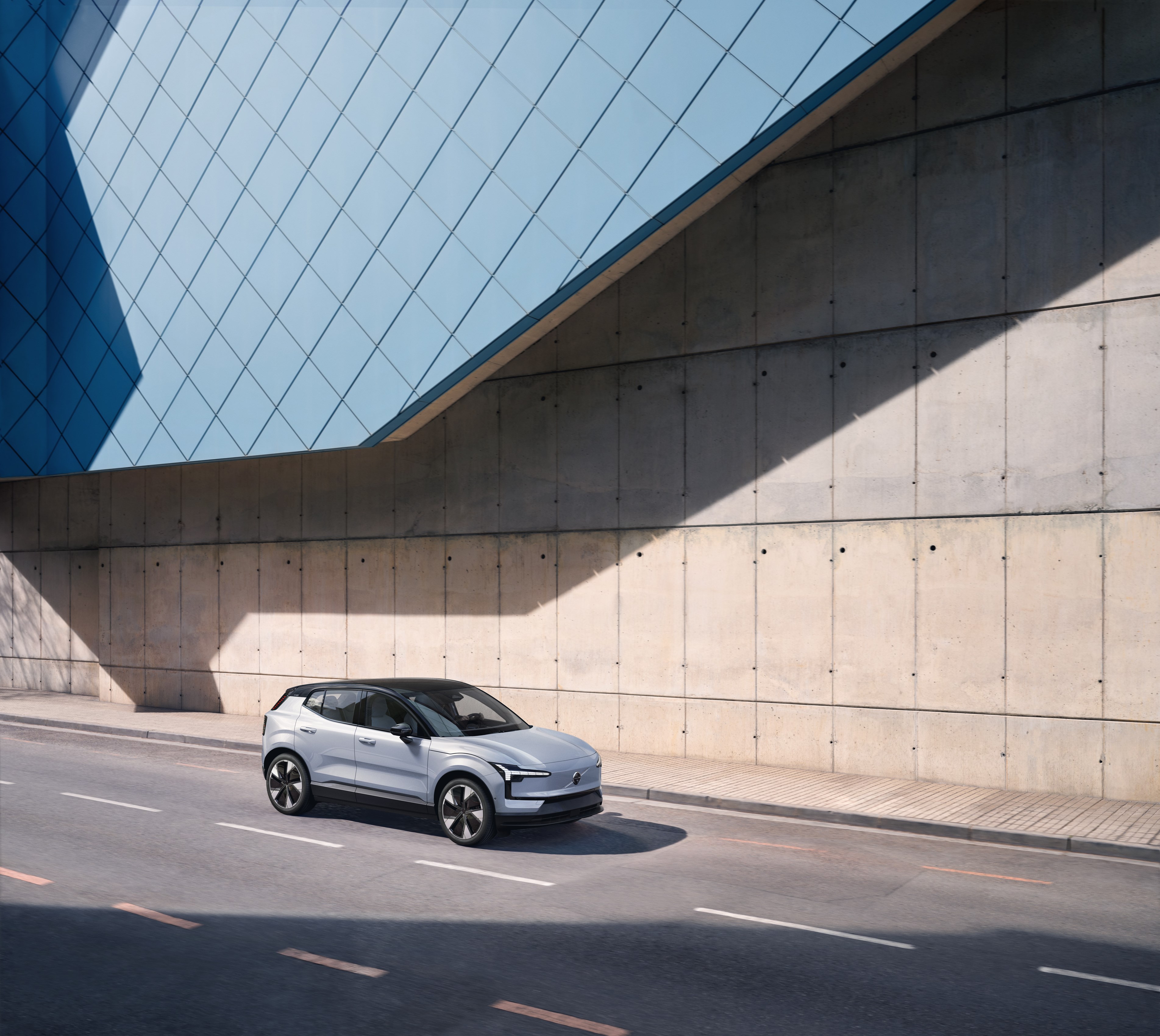
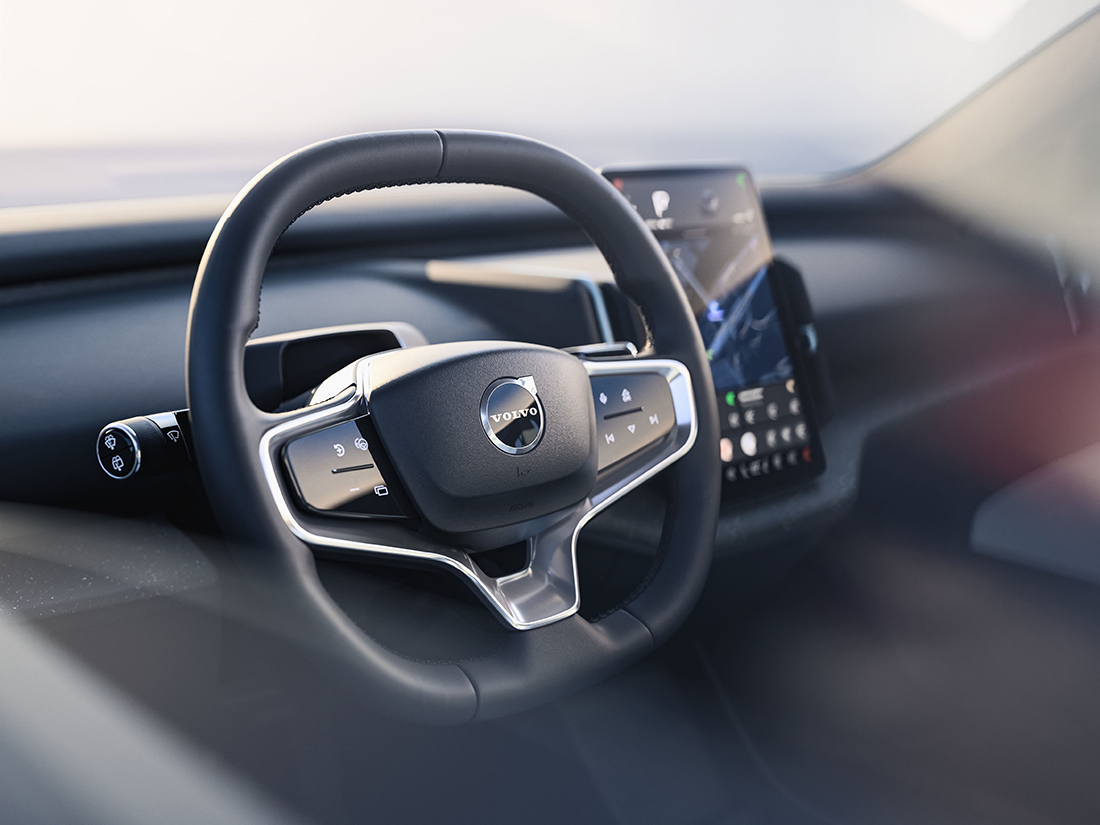
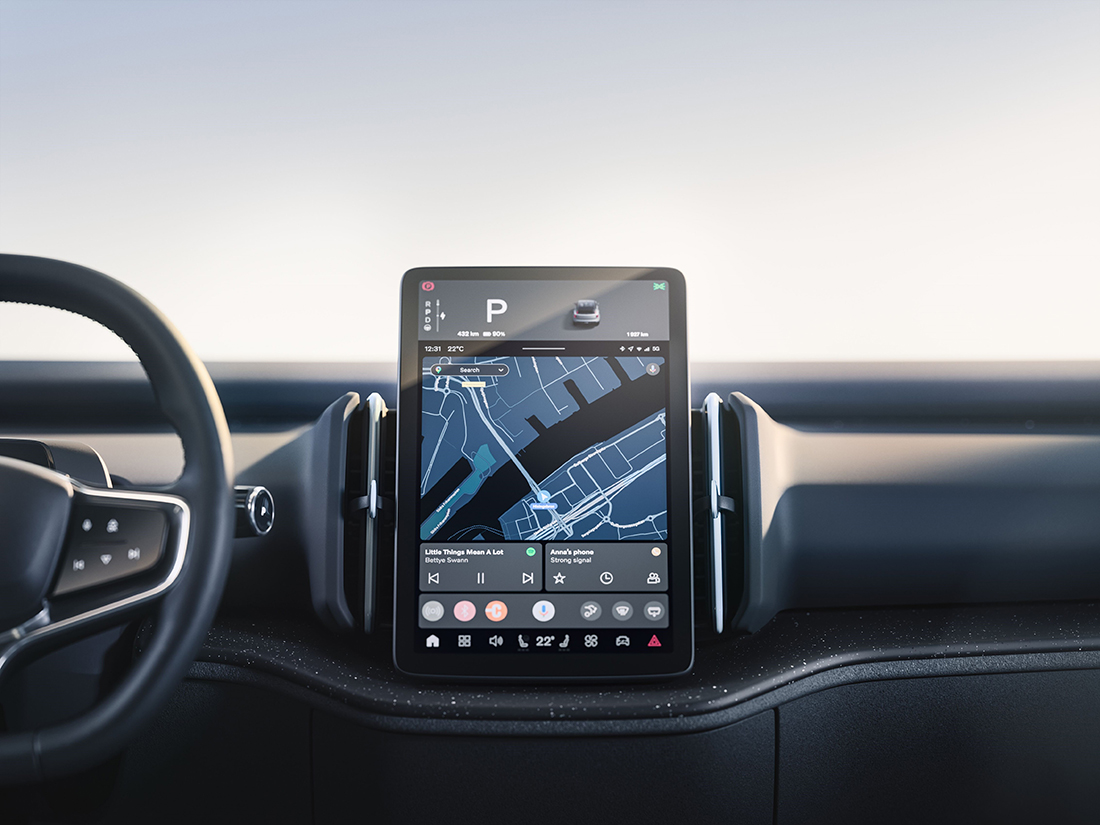
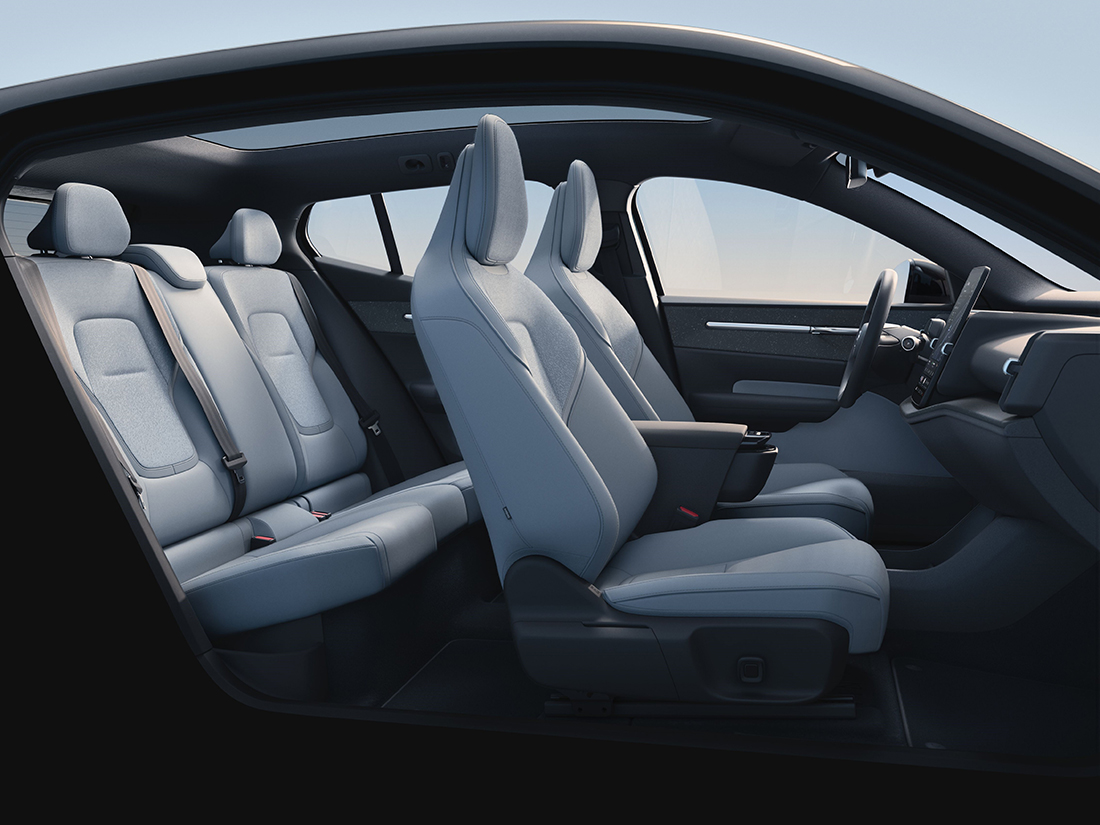
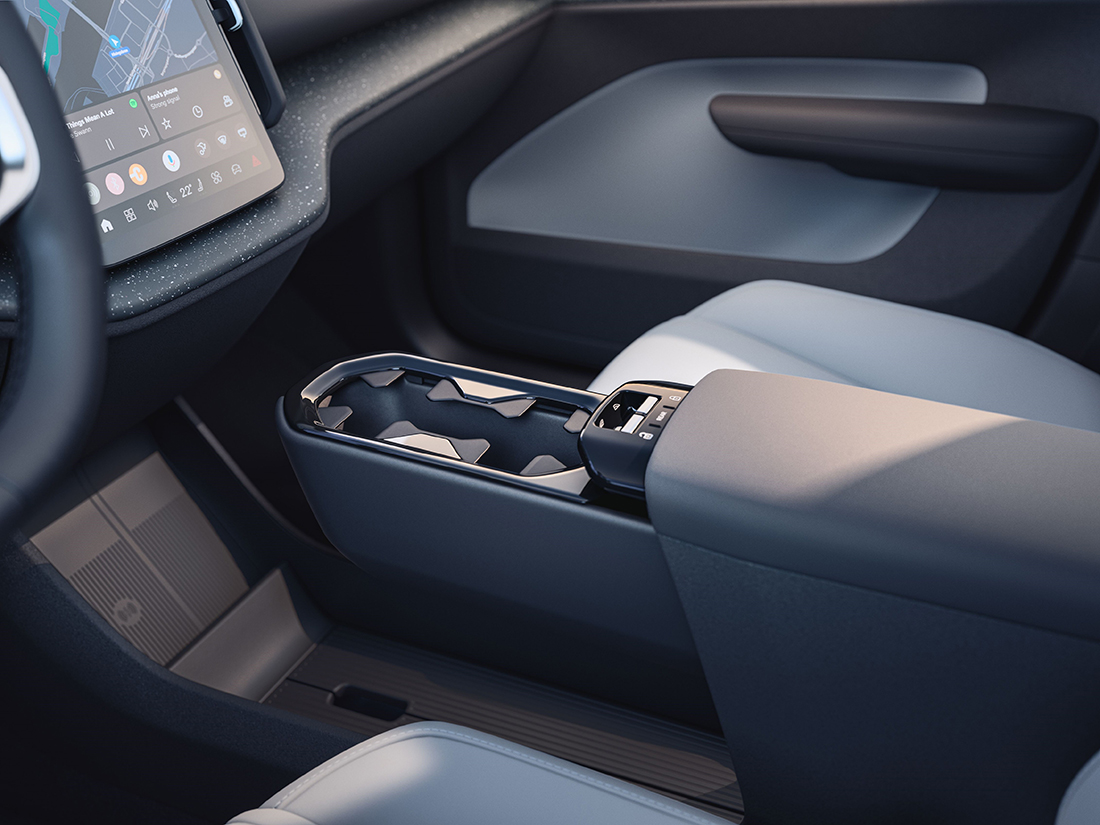
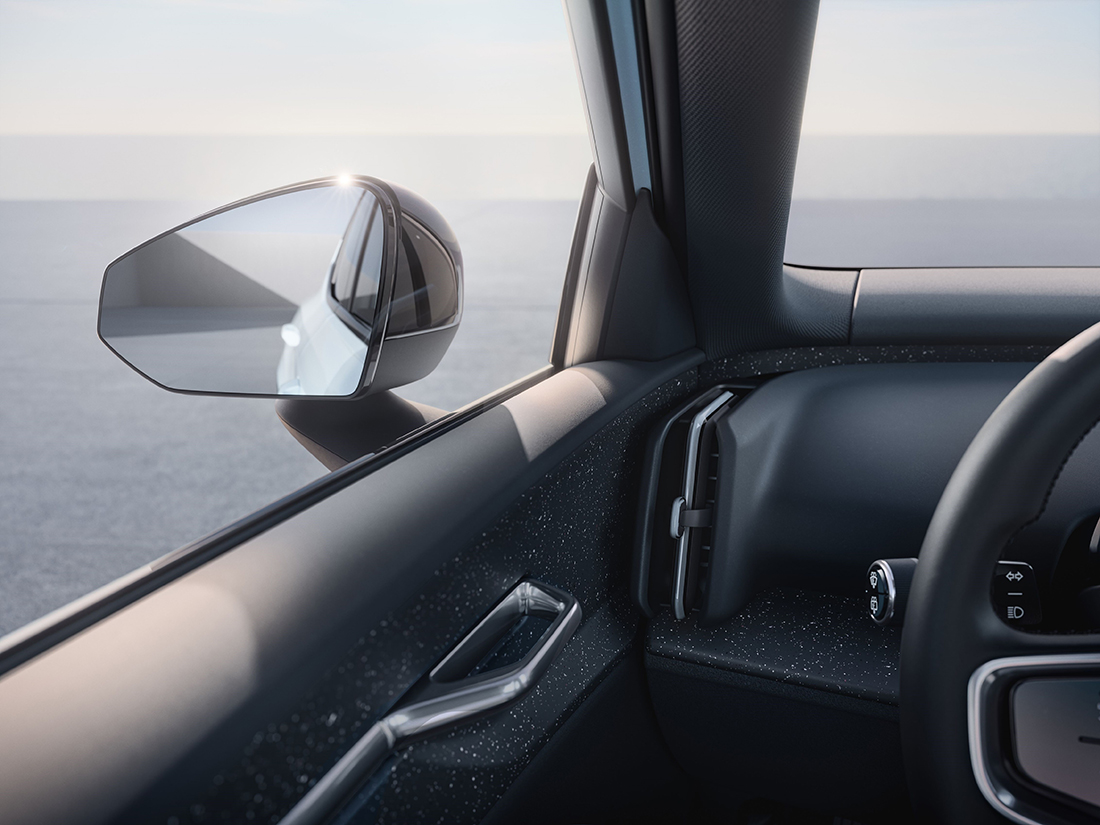
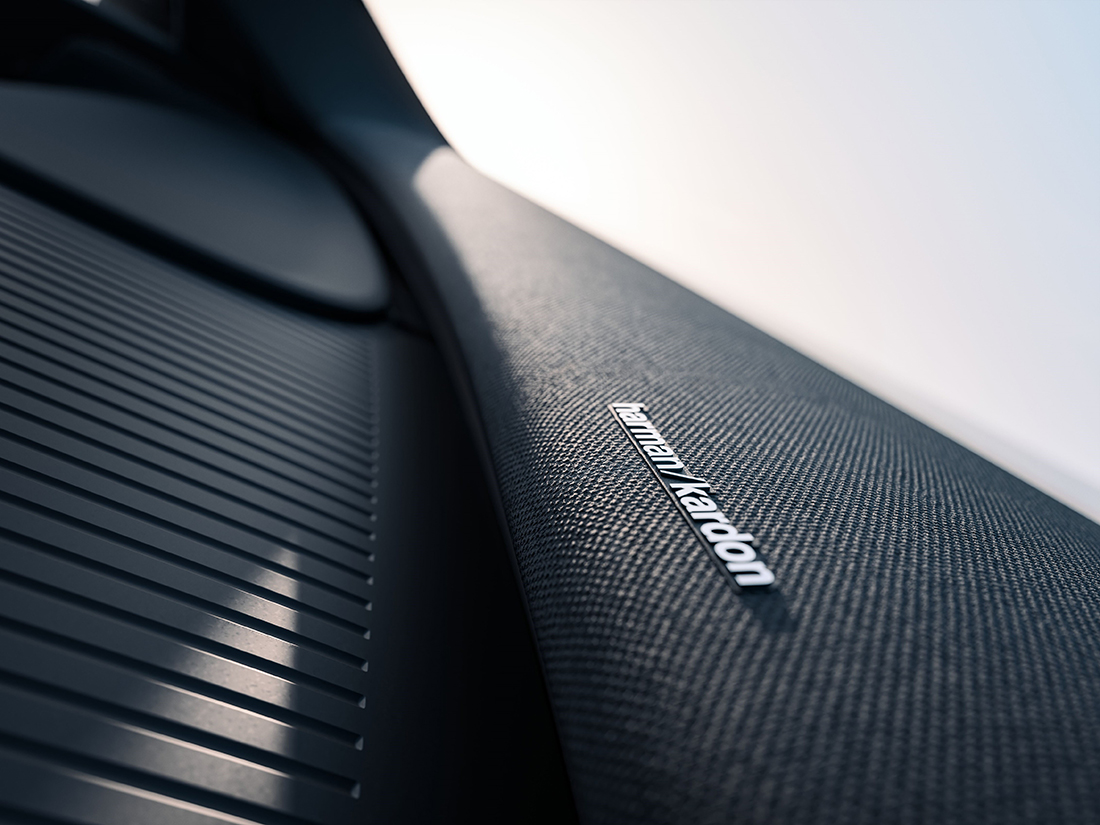
The EX30 might sell on how its bodywork looks, but Volvo wants to rave about what it’s made from. A quarter of the aluminium here is recycled. 17 per cent of the steel is also recycled, and there’s the same proportion of repurposed plastic. You can even spec carpets made entirely from reclaimed plastic bottles.
And because it’s made out of composted litter, and Volvo is busy trying to cut the carbon emissions of its entire supply chain and its factories, this is supposedly the kindest Volvo ever for the environment.
Which is a lovely soundbite, but what are the numbers? Well, according to Volvo – building this car and then driving it 193,000km will emit fewer than 30 tonnes of CO2. 18 tonnes of that is building the car in the first place. The Swedes insist no other car – even a very frugal petrol car – can beat that footprint from factory to 200,000km. It just goes to show – as ever – that buying a brand new car has a hefty environmental impact long before you ever get the keys…
Weirdly, the greenest Volvo is also the fastest. Welcome to the quickest Volvo ever. The top-of the-range Twin Motor Performance version has 428 horsepower and will leap from 0-100km/h in just 3.6 seconds. Even the base rear-drive version has 272 horsepower and will match a Honda Civic Type R to 100km/h, taking less than 5.5 seconds. So like most EVs, this sensible small family car is way more rapid than it needs to be.
That’s not because it’s light by the way – even the lightest one is over 1,800kg and a fully specced one with a big battery is perilously close to two tonnes. But the batteries are interesting. Promise. Stick with us – this involves some chemistry.
Volvo’s argument here is that you should pick a battery depending on how munch range you really need. So the entry-level single motor EX30 gets a 51kWh nickel manganese cobalt battery, which is cheaper to make so it keeps the base car’s price down.
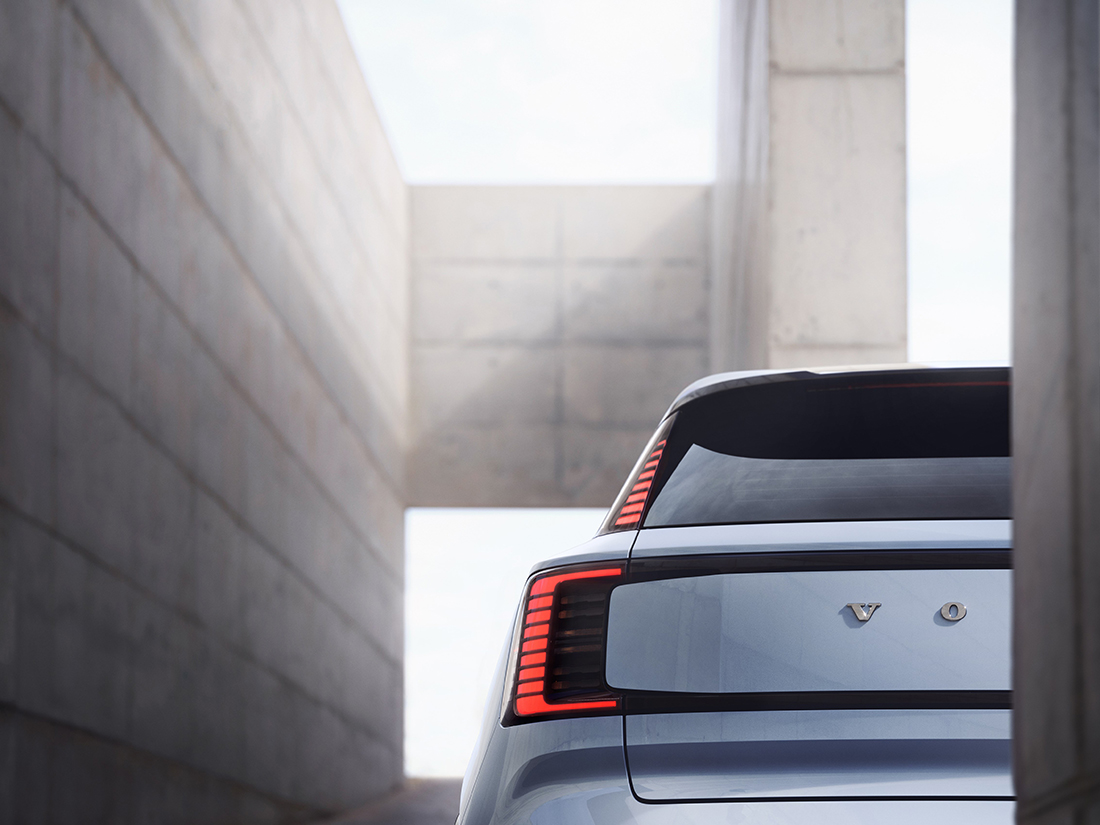
If you need more mileage, the mid and top spec dual motor cars get a 64kWh lithium-ion battery, taking range from 343km up to just shy of 480. And all of them can charge rapidly at between 134 and 153 kW, so it’ll do the 10-80 per cent top up in less than half an hour.
Inside there’s a square steering wheel, glossy button pads, and a massive portrait touchscreen. It’s not winning any awards for originality just yet, but there are signs Volvo is trying to do things differently.
For example, there’s no speakers in the doors – they’re all up on the top of the dash like a soundbar, and even the window switches are grouped into the middle. That basically makes the door cheaper to make in the factory, less bits to rattle loose, so it’s cheaper to make (and buy). Because there’s no gearbox or transmission tunnel to worry about, Volvo’s shifted the glovebox into the middle too, so it’s bigger and easier to reach for the driver.
In the boot, there’s a size guide to help you decide how much Ikea furniture will fit, or if you should’ve saved up harder and bought a bigger XC90. Or the all-electric EX90, for that matter.
As you’d expect for a Volvo, there’s lots of safety tech, like a driving aid that’ll perform overtakes for you if you click on the indicators, and a sensor that stops anyone opening the door if a cyclist is about to whizz past. Though surely if Volvo really wanted to be as safe as houses, they’d put some heater and volume buttons inside, instead of another eyes-off-the-road touchscreen?
TEXT Ollie Kew

